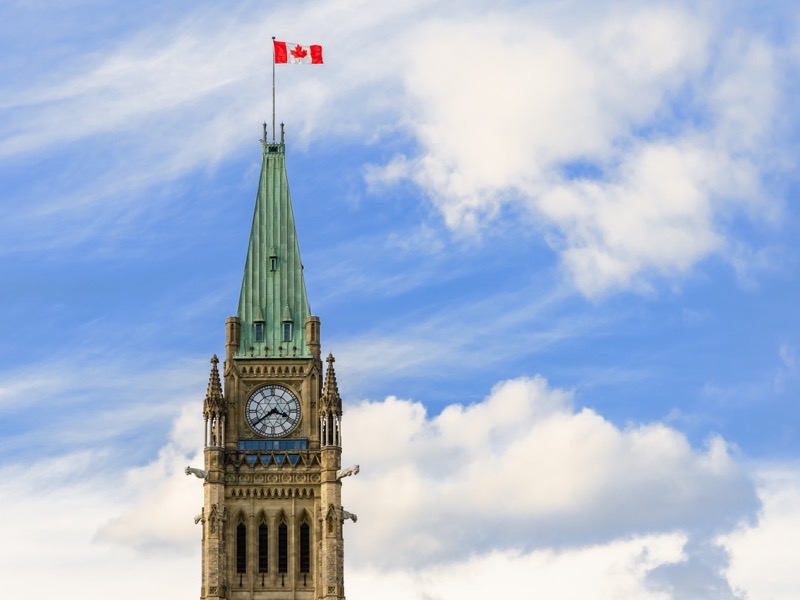
Sunday’s federal election call leaves a number of measures proposed in the Liberal government’s 2021 budget in limbo as Canadians wait to see which party forms government after Sept. 20.
April’s federal budget, the Liberal government’s first in two years, proposed expanding access to the disability tax credit (DTC), increasing charities’ disbursement quotas, and imposing taxes on luxury vehicle purchases and vacant homes owned by non-residents. The proposals were not included in the budget implementation bill that received royal assent in June.
Disability advocates applauded the budget proposal to improve DTC access, which included updating terminology to make it easier to be assessed. The proposals would allow an additional 45,000 people to quality for the DTC and related benefit programs linked to it each year, representing $376 million in additional support over five years, the government said. The measures would take effect in 2021 once enacted.
Kimberley Hanson, executive director of Diabetes Canada in Ottawa, said last month that a fall election risked delaying the measures. “It is urgent that these changes be codified in the relevant regulations and laws as quickly as possible so that they benefit the maximum number of [eligible] Canadians,” she said.
In June the Liberals also introduced Bill C-35, the Canada Disability Benefit Act, to establish a framework for a new Canada Disability Benefit modelled on the guaranteed income supplement (GIS) for seniors. The bill was tabled a day before MPs left Ottawa for the summer recess, and a fall election means the legislation would have to be reintroduced in a new Parliament.
Conservatives criticized the Liberals for not introducing the bill earlier so the measures could be adopted before an election. The Liberals said the delay was necessary to consult with representatives of disabled communities before introducing the bill.
The Liberals waited even longer to move on budget proposals for new taxes on the wealthy and changes to charity rules.
Last week, Finance Canada said it was consulting on the design of the new select luxury goods tax, which would apply on the sale of new luxury cars and aircraft with a retail sale price of more than $100,000, and new boats that cost more than $250,000. The Liberals pitched the tax as a way to address the “uneven” economic impact of Covid-19.
The luxury tax was part of the Liberal platform in the 2019 election, and the NDP proposed a similar tax “on things like yachts and private jets” in a “proto-platform” released last week.
Earlier this month, the government launched consultations for a 1% tax on underused housing, a budget proposal designed to ensure that foreign, non-resident owners who use Canada to “passively store their wealth in housing pay their fair share.”
The Liberals also moved on the budget proposal to increase the amount that charities must grant to causes annually, and to give the Canada Revenue Agency more tools to enforce the disbursement quotas.
A number of proposals from the 2021 budget — including increases to old age security payments, changes to employee stock options, new annuities under registered plans, transfers of commuted values to individual pension plans (IPPs) and changes to the “allocation to redeemers” methodology for mutual funds and ETFs — were passed when Bill C-30 received royal assent in June.
-With files from Rudy Mezzetta